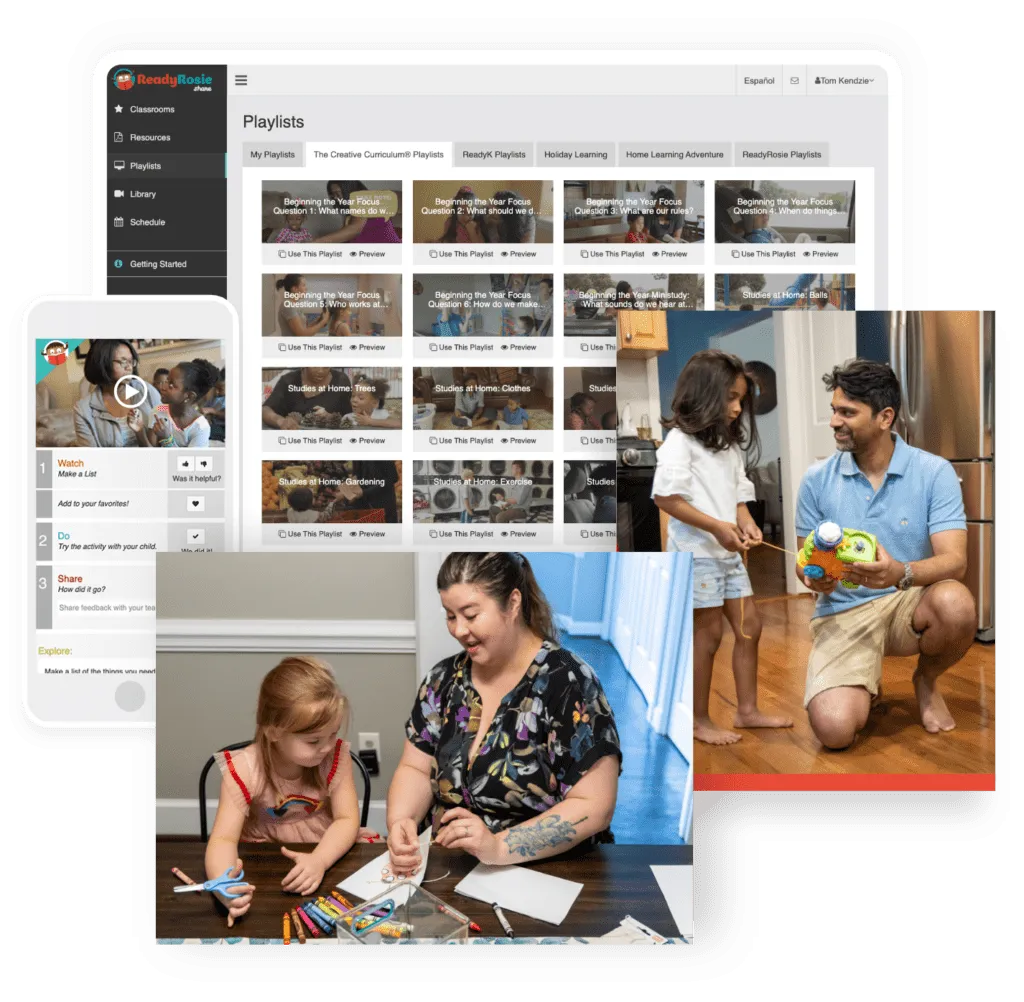Engaging With Families: Good People, Great Work, and All the Right Reasons


What’s the best advice you’ve ever gotten about how to engage with families?
¿Cuál es el mejor consejo que ha recibido sobre cómo interactuar con las familias?
Recently, we here at Teaching Strategies posed this question to teachers and administrators as they logged into the Teaching Strategies platform.
As so often happens when we reach out to teachers and administrators, we were deeply touched by both the volume and the richness of the responses. In the 24 hours that the question was posted, we received just over a thousand responses. Knowing how busy your lives are as educators, we are humbled by the fact that you are taking the time to thoughtfully respond to our questions about your day-to-day work with children and families.
Universal Understanding: Common Themes for Connecting With Families
Many of you mentioned very similar ideas for engaging with families, such as developing positive relationships, communicating frequently, listening carefully, being warm and genuine, beginning and ending conversations on a positive note, smiling, greeting family members by name, building trust, and intentionally demonstrating respect for all families.
I found a real sense of comfort in the universal nature of the responses. So many people, spread across every part of this country and abroad, not only share the desire to do what is good and right for young children and their families, but have clear ideas about how to make it happen.
Learning about, embracing, and welcoming families’ unique identities, cultures, and languages helps to make school an extension of home for children and establish mutually valuable and rewarding relationships.
When we as educators acknowledge and respect the fact that families are their children’s first teachers (or, in the words of one of the teachers who responded to the question, “think of them as your co-teacher, because after all, they are the lead teacher in their child’s life”), we demonstrate an essential component of developmentally appropriate practices.
In fact, these positive relationships aren’t just a “nice-to-have” add-on to effective teaching practices: they are at its very core. This principle is essential to the work that educators do, and it is essential to all that we do here at Teaching Strategies.
We are including here a list of 101 of the responses that we received in the hope that you, too, will find inspiration and encouragement in this affirmation that the field of early childhood education is populated with good people doing great work for all the right reasons.
“Think of them as your co-teacher, after all, aren’t they actually the lead teacher in their child’s life!”

Build Powerful Family Partnerships
Make connections between learning in the classroom and learning at home with ReadyRosie.